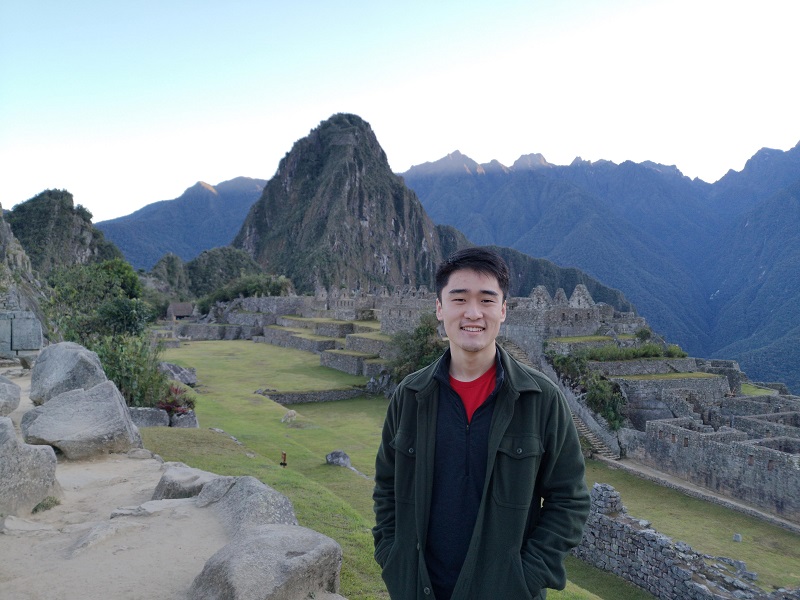21 April 2020

By Hongsheng Lu
Global health ’20
My 10 weeks conducting field research in Lima, Peru, while in Duke Kunshan’s global health program was an incredible experience that left me with a plethora of memories. From the little apartment I stayed in to the city’s amazing food to the country’s unique culture and history. However, the takeaway that will stay with me the longest is the nature of collaboration and the lessons I learned in how to collaborate better.

Traveling to Peru marked my first time in a Latin American country. I stayed in San Isidro, a quiet district near the noisy tourist center, Miraflores.
As a child of Chinese immigrants who grew up in the United States, I saw how my parents’ culture blended with others in the U.S. In Lima, I saw also how Chinese culture had mixed with another culture. From the chifa restaurants on every block to the ever-bustling Chinatown, it was fascinating to me how things seemed ‘ and tasted ‘ both so familiar and so alien at the same time.
Beyond the Chinese and Chinese-Peruvian cuisine, I found that Peru’s reputation as one of the best countries for food was well deserved. I loved Peruvian classics like ceviche, aji de gallina and lomo saltado.
In Peru, I obviously expected to work alongside many Peruvians, but what I didn’t expect was how much I worked with people from all around the world. Through the Center of Excellence in Chronic Diseases (CRONICAS) at Cayetano Heredia University, I was able to know researchers from Johns Hopkins University from the U.S., the United Kingdom, India, and Bolivia. Their interests and goals were similar to mine, and they had traveled out of their comfort zones to reach them. I became fast friends with several of them, and we have kept in touch since I left Peru.
My research focus is the use of e-health in primary care settings for non-communicable diseases, trying to pair the latest technologies with some of the most challenging diseases. With the help of a team of research assistants, I interviewed policymakers, doctors, patients and others involved in Lima’s centros de salud, or health centers.

I worked closely with Dr. Jaime Miranda, who leads CRONICAS. He played a key role in helping me carry out my fieldwork. For example, he helped me navigate the local institutional review board (IRB) process. Beyond my project, we continued to collaborate, and Dr. Miranda gave me opportunities to form new perspectives on topics he was working on. I got the chance to explore research on corruption, alpaca milk, and more.
While waiting on local IRB approval in Peru, I helped contribute to a commentary piece on corruption in health systems, getting input from both Dr. Miranda and Patricia Garcia, Peru’s former health minister and a champion against corruption.
Besides Dr. Miranda and CRONICAS, I got to work alongside people from a variety of backgrounds, from public health students to medical school researchers and NGO leaders. Working alongside them gave me the chance not only to learn more about health in Peru but also about backgrounds and contexts, which helped to shape my interviews to better fit what was happening in the city.
The connections I made will last, and I believe I will collaborate with many of the same people in the future.
Hongsheng Lu, Class of 2020, is a graduate student on the master of science in global health program. He is the inaugural winner of the Dean’s Award for Research presented by Duke Graduate School.

© 2025 Duke Kunshan University 苏ICP备16021093号